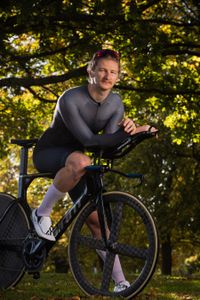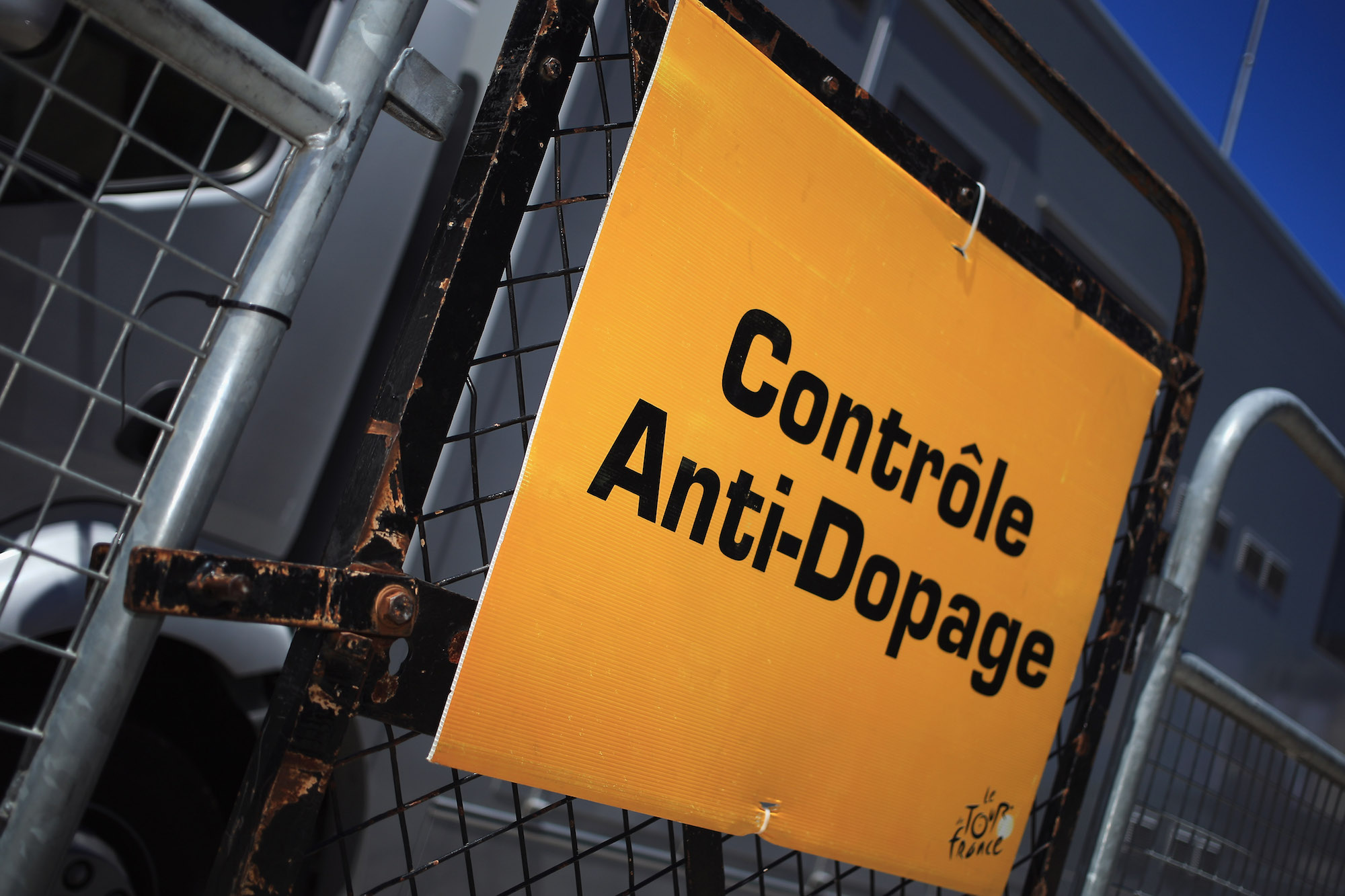‘I haven’t been tested at all in recent months’: Pros raise concerns over anti-doping during coronavirus crisis
Star riders like Thibaut Pinot and Tom Dumoulin fear anti-doping efforts are being affected by the lockdown


The latest race content, interviews, features, reviews and expert buying guides, direct to your inbox!
You are now subscribed
Your newsletter sign-up was successful
An unseen consequence of the coronavirus lockdown is the impact on the anti-doping effort in professional cycling.
With riders around the world quarantined in their homes and travel bans imposed across a number of nations, authorities are unable to carry out testing in their usual way, sparking concerns that clear sport could be taking a hit during the global crisis.
A number of pros, including Thibaut Pinot and Tom Dumoulin, have raised concerns about the lack of anti-doping testing they have seen in recent months.
Winner of the 2017 Giro d’Italia Dumoulin told Belgian broadcaster Sporza: “ The whereabouts forms are easy to fill in now. We still have to do that, but the location is always the same.
“In recent years I have had few tests anyway, but I haven't been tested at all in recent months. I understand that there are now generally few checks. If the Tour de France gets closer, it will have to be resolved and checks will have to be made again.”
Anti-doping organisations have acknowledge the difficulty of testing athletes in the current conditions, but have tried to reassure both athletes and fans that measures are being taken to defend clean sport.
In March, the World Anti-Doping Agency announced many programmes around the world had been suspended or reduced, including athlete testing.
The latest race content, interviews, features, reviews and expert buying guides, direct to your inbox!
With WorldTour racing currently suspended until at least August 1, there are no in-competition tests currently taking place, but the concern is that anti-doping agencies could struggle to get testing back up to full speed in time for the start of racing, whenever that may be.
But chair of the WADA athlete committee, Ben Sandford, said: “Athletes should be aware that testing can continue where appropriate, where possible and with the necessary health and hygiene protocols in place. It is important to ensure the integrity of the overall system is maintained as much as possible.”
The Cycling Anti-Doping Foundation, an independent body established to run the anti-doping programme for the UCI, said it has modified its testing process, with an emphasis on testing riders in the UCI Registered Testing Pool and with tighter measures to protect the health of athletes.
But Thibaut Pinot (Groupama-FDJ) has still raised concerns about the testing process, as he hasn’t been tested since October.
The Frenchman told L’Equipe: “That’s a long time ago and I hope that it will start up again because it’s not good news for riders who are trying to do things well. I hope that there will soon be controls again so that we can start up properly.”
According to The New York Times, anti-doping authorities in the US have begun trialling virtual sample collection, where doping control officers oversee the process by phone and video conferencing.
More than a dozen athletes, include Olympic swimmer Katie Ledecky and runners Noah Lyes and Allyson Felix, have all signed up.
Virtual testing has been under consideration for a while, as it would reduce the intrusion of face-to-face testing, but coronavirus has accelerated the trials.
To carry out the online test, an athlete is sent a video link, with all paperwork and sworn testimony then being carried out on a video.
The athlete must then retrieve a testing kit they are given beforehand, while the doping control officer is given a virtual tour of the athlete’s bathroom, watching the athletes through the process, except when they are taking the urine sample.
Athletes must then insert a temperature strip into the urine to prove the sample is fresh.
For blood samples are taken using a device that makes a small pin prick in the upper arm, as the athlete then places the sample in a package, seals it on camera and it is couriered back to the US Anti-Doping Agency (USADA).
USADA chief executive Travis Tygart, the man who brought down Lance Armstrong, admits that an athlete could send an old urine sample in theory, but that tests would reveal it was old, as would the smell. If an athlete sent someone else’s urine, certain details wouldn’t add up in the sample.
In the UK, the head of UK Anti-Doping Nicole Sapstead sent a warning to doping athletes when speaking with The Telegraph.
She said: "There will always be a minority that will seek to dope, and whether that is now, when they think they are effectively off the radar of national anti-doping organisations, or at any other time, my message to them is very, very clear - we will continue to process intelligence, we will continue to monitor whereabouts, and we will continue to monitor the raft of information we have available to us, such as the athlete biological passports.”
Alex Ballinger is editor of BikeBiz magazine, the leading publication for the UK cycle industry, and is the former digital news editor for CyclingWeekly.com. After gaining experience in local newsrooms, national newspapers and in digital journalism, Alex found his calling in cycling, first as a reporter, then as news editor responsible for Cycling Weekly's online news output, and now as the editor of BikeBiz. Since pro cycling first captured his heart during the 2010 Tour de France (specifically the Contador-Schleck battle) Alex covered three Tours de France, multiple editions of the Tour of Britain, and the World Championships, while both writing and video presenting for Cycling Weekly. He also specialises in fitness writing, often throwing himself into the deep end to help readers improve their own power numbers. Away from the desk, Alex can be found racing time trials, riding BMX and mountain bikes, or exploring off-road on his gravel bike. He’s also an avid gamer, and can usually be found buried in an eclectic selection of books.
